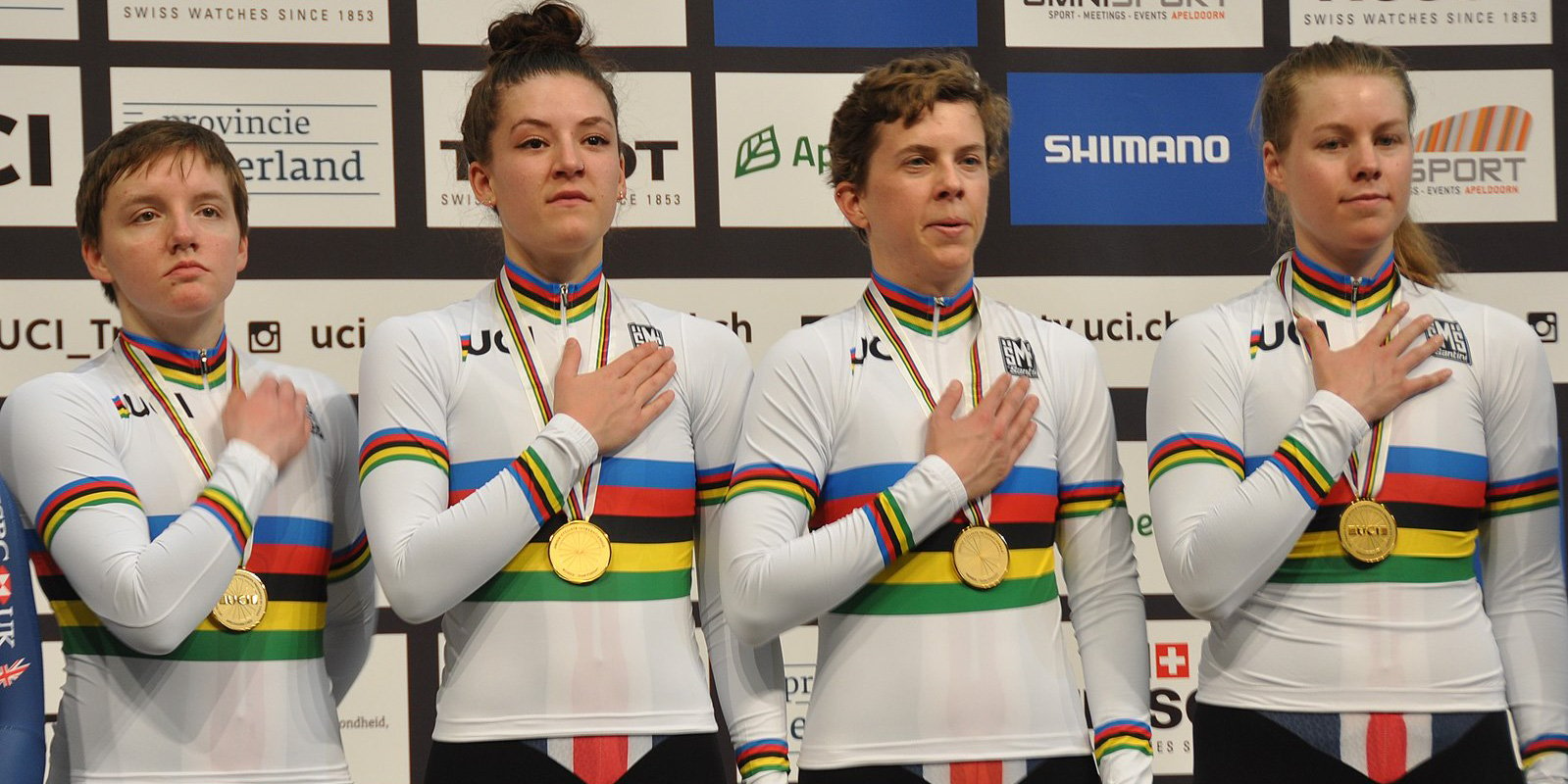Stanford offered insufficient therapy options for former Olympic cyclist and graduate student Kelly Catlin, who died by suicide on March 7, her father Mark Catlin told The San Francisco Chronicle.
After Kelly’s previous suicide attempt and week-long hospital stay in January, Mark said, she was unable to see her preferred campus sports psychiatrist, Francesco Dandekar, because he was backlogged with cases until May.
Dandekar has not responded to The Daily’s request for comment.
Due to Dandekar’s unavailability, Kelly’s personal coach and University of Michigan professor Stephen McGregor recommended another campus sports psychiatrist. But Stanford barred Kelly from seeing this doctor, according to Mark and McGregor, because the doctor is contracted to work with varsity athletes, and Kelly did not compete on a Stanford team.
Varsity athletes have also expressed concern over what they see as a lack of sufficient University support with mental health.
Until the 2018-19 school year, Stanford employed just one campus sport psychologist — Stanford Athletics Sports Psychology Director Kelli Moran-Miller — to serve the approximately 900 students who participate in Stanford athletics. Since fall 2018, two other sports psychologists — one full-time and one part-time — have joined her, along with two part-time clinical psychology postdoctoral fellows.
Mark said Kelly told him Stanford Hospital’s group therapy sessions — which she regularly attended while hospitalized in January — were “totally worthless” to her, failing to address “any” of her struggles.
“While we do not discuss in the media the details of individual students’ experiences, supporting the mental and emotional health of students is a critical priority for Stanford,” wrote University spokesperson E.J. Miranda in an email to The Daily. “We are dedicated to listening to the input of all members of our community and improving wellbeing.”
In some cases, Stanford has been forced to listen, as six students sued the University in 2018, claiming leave of absence policies have been discriminatory to students with mental health disabilities, including students hospitalized after attempting suicide. While Stanford maintains that it has complied with the law, students continue to demand more mental health resources.
Kelly’s death at age 23 came less than two weeks after cycling magazine VeloNews published a journal she wrote that handling her cycling career and Stanford classes simultaneously is like “juggling with knives.”
“So, remember: Just as with your muscles, your mind can only repair itself and get stronger with rest,” she wrote. “Ask for a rest day, or, if you’re fortunate to be your own taskmaster (er, coach), give yourself a rest day.”
Kelly sought a master’s in Computational and Mathematical Engineering at Stanford, after graduating magna cum laude with bachelor’s degrees in biomedical engineering and Chinese from the University of Minnesota in 2018.
In addition to her silver medal with the U.S. Team Pursuit squad at the 2016 Olympics, Kelly won gold with the squad in the 2016, 2017 and 2018 world championships. She also earned a bronze medal in the Individual Pursuit at the 2018 world championships. Her first gold medal in international track cycling came at the 2015 Pan American Games.
If you have thoughts of suicide or are concerned about the well-being of another, contact the National Suicide Prevention Lifeline at 1-800-273-8255 or Stanford’s Counseling and Psychological Services (CAPS) at (650) 498-2336.
Contact Holden Foreman at hs4man21 ‘at’ stanford.edu.
